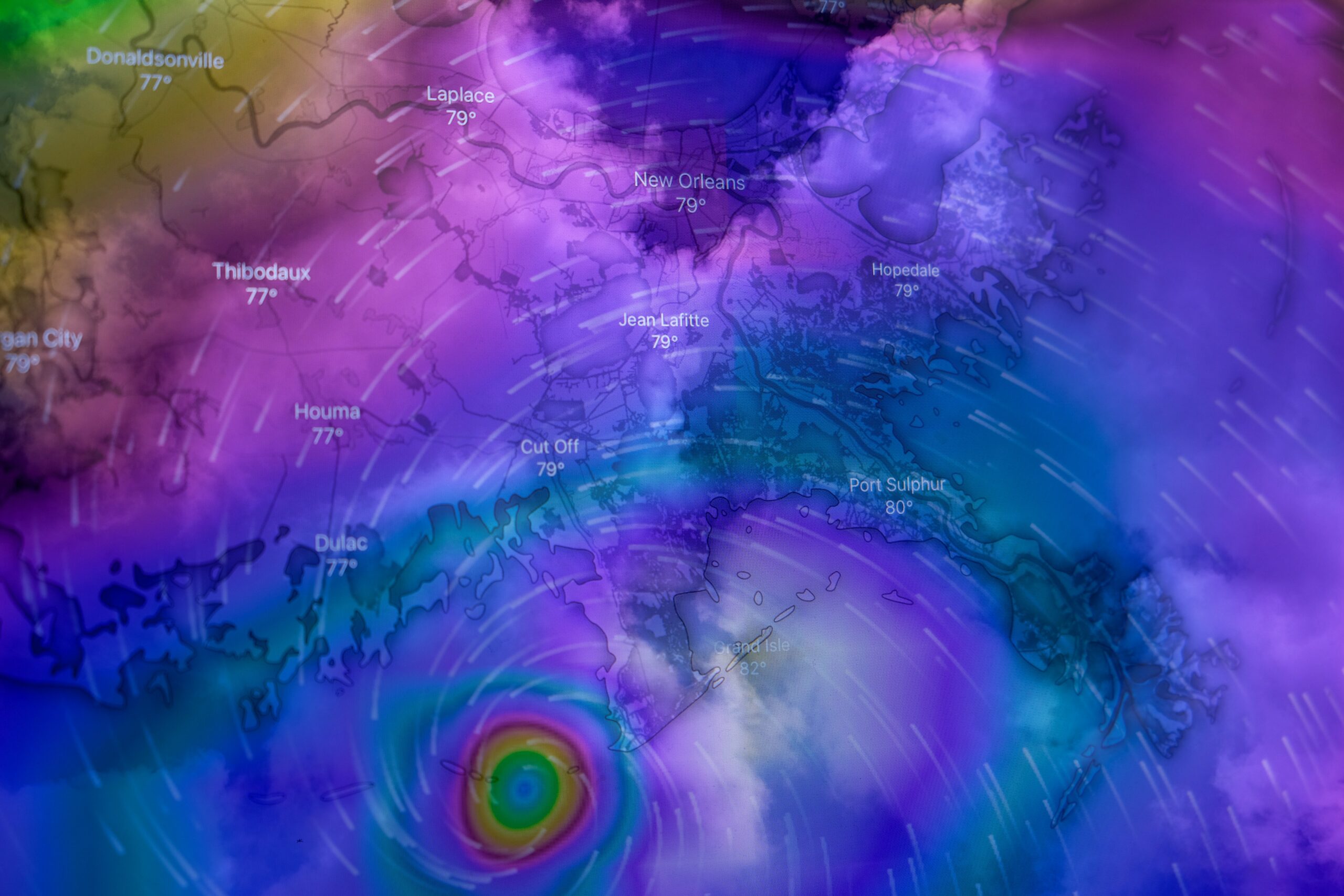Brace for Extreme Weather and Rising Temperatures
The United Nations weather agency has made a significant announcement regarding the onset of El Niño, a major climate phenomenon. The World Meteorological Organization (WMO) issued a warning stating that the return of El Niño is highly probable and is expected to persist throughout the second half of the year with at least moderate strength. This declaration has raised concerns about a likely increase in global temperatures and extreme weather conditions.
Petteri Taalas, the secretary general of the WMO, emphasized the potential impact of El Niño, stating, “The onset of El Niño will greatly increase the likelihood of breaking temperature records and triggering more extreme heat in many parts of the world and in the ocean.” In response, the WMO urged governments worldwide to take immediate action in order to protect lives and livelihoods from the potential consequences.
Recognizing the urgency of the situation, Taalas further emphasized, “Early warnings and anticipatory action of extreme weather events associated with this major climate phenomenon are vital to saving lives and livelihoods.” The WMO’s call for preparedness signals governments to mobilize efforts to mitigate the impacts on health, ecosystems, and economies.
The confirmation of El Niño follows a report released by the National Oceanic and Atmospheric Administration in early June, which indicated the presence of El Niño conditions and their expected strengthening into the Northern Hemisphere winter.
Extreme weather and climate shocks are becoming more acute in Latin America and the Caribbean as the long-term warming trend and sea level rise accelerate, according to our latest #StateOfClimate report.
Press Release: https://t.co/X9WuZL8p4L pic.twitter.com/4PWJPrE8kX
— World Meteorological Organization (@WMO) July 5, 2023
Additionally, a report published by the WMO in May, led by the United Kingdom’s Met Office, highlighted the alarming possibility of the global average near-surface temperature exceeding 1.5 degrees Celsius above pre-industrial levels for at least one year between 2023 and 2027.
This significant threshold represents the aspirational limit set in the landmark 2015 Paris Agreement. Beyond this level, there is an increased likelihood of triggering tipping points—thresholds where small changes can lead to dramatic shifts in the Earth’s entire life support system.
Chris Hewitt, the WMO director of climate services, clarified that the report does not imply an immediate breach of the 1.5 degrees Celsius limit outlined in the Paris Agreement. However, he stressed the significance of the findings as a wake-up call, signaling the need for concerted efforts to steer global warming within the targets established in the Paris Agreement.
As El Niño officially begins, the global community must heed the warnings and prioritize proactive measures to safeguard against the potential consequences of extreme weather events and rising temperatures.
































